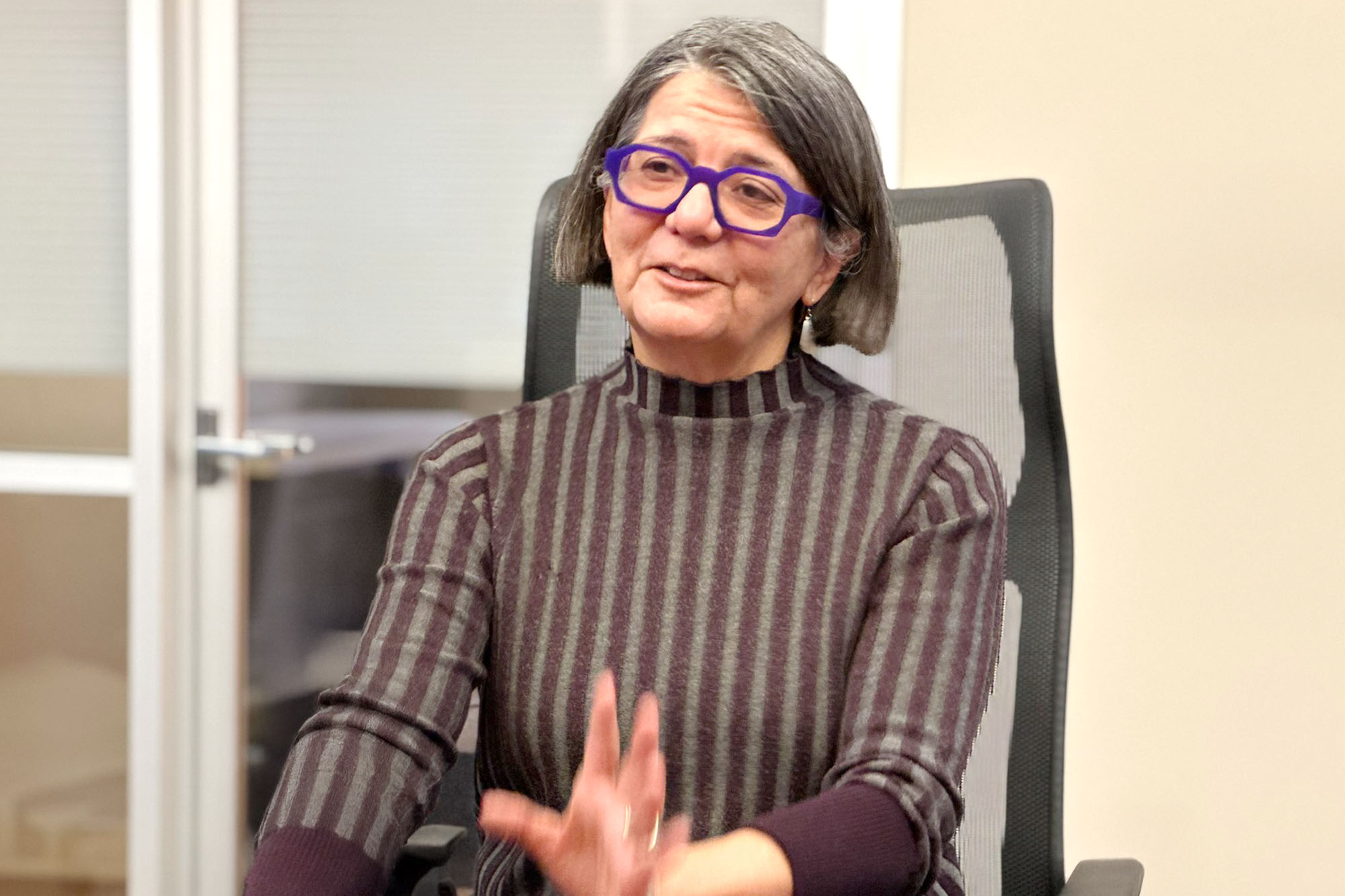Why This Work Matters
According to the 2020 California Health Insurance Survey, 64% of Black Californians have private health insurance and 24% are enrolled in Medi-Cal. Most of CHCF’s work is focused on improving care for Medi-Cal enrollees, but Black Californians face disparities in care and outcomes regardless of the type of health insurance they have.
Our Approach
Generalized approaches to improve health care will neither be robust nor swift enough to control and eliminate disparities, which is why CHCF is investing to end Black health inequities across public and private systems.
CHCF is committed to centering the voices of Black Californians in this work, which is founded on listening to Black Californians and measuring equity in health care. We are working to build accountability for equitable care by fostering health care equity measurement and reporting; to promote equity in delivery systems by improving policies and practices; and to equip Black Californians with information and tools to advocate for equitable care for themselves and their communities.
A summary of CHCF’s portfolio of projects to improve health care systems for Black Californians can be found below.
Project Highlights
Building Accountability for Equitable Care
Show More
- Researchers are looking into health systems’ use of Race, Ethnicity, and Language (REL) data — the value they place on it, whether they are collecting it, and how they are using it — to make recommendations about accelerating the integration of these data into quality improvement efforts. (Ongoing)
- Additionally, the researchers are surveying acute care hospitals in California to determine their readiness to use REL data to advance equity. They also want to understand the facilitators and barriers to progress. (Ongoing)
- The National Committee for Quality Assurance (NCQA) developed racial equity quality measures that state Medicaid programs (and potentially other purchasers) can integrate into accountability programs. Measurement can help illuminate how well health systems are serving Medicaid enrollees by race, provide data transparency, and ultimately help drive improvement. The first report in this project describes the current state of use and application of health quality measures among state Medicaid programs. NCQA also developed a health equity measurement framework that state Medicaid programs can use to measure accountability in health plan managed care contracting. The final report was an examination of peer-reviewed and gray literature uncovering four methods for measuring equitable care. (March 2023)
- NCQA is now conducting research in three health systems to validate the four methods for measuring equitable care. (Ongoing)
Promoting Equity in Delivery System Policies and Practices
Show More
- Eight organizations working to create a safer and stronger health system for Black Californians have received grants through CHCF’s Pulse of Change: A Black Health Initiative. Over two years, the Pulse of Change leaders will conduct their quality improvement interventions, assess progress toward their goals, and, if appropriate, implement sustainability plans enabling providers to integrate the changes into regular clinical practice. (Ongoing)
- EVITARUS, a Black-owned public opinion research and public policy consulting firm in Los Angeles, and RALLY, an advocacy agency, have partnered to conduct audience and messaging research among health care providers in California. The goal is to identify narratives that stand in the way of advancing Black health equity and to develop a strategy for changing those narratives. (Ongoing)
- The California Health Care Safety Net Institute, in collaboration with the National Equity Project and subject matter experts, is convening a Racial Equity Community of Practice among California’s public health systems. The first phase of the Community of Practice ran from January 2022 to June 2023 and focused on developing leadership capacity to make organizational change, strengthening organizational commitment to anti-racism, and developing strategies to embed equity in all aspects of care. The second phase, which launched in November 2023, focuses on designing for action and organizational change. (Ongoing)
- Artificial Intelligence (AI) is entering health care and can only be as equitable and ethical as it as its creators make it. The National Academy of Sciences is working with multi-sector experts to create an AI Code of Conduct, which will guide the use of AI in health care and bio-sciences with the goal of ensuring equitable innovation. (Ongoing)
- The Urban Institute is convening multi-sector experts to review progress in health equity in the 20 years since the Institute of Medicine published Unequal Treatment: Confronting Racial and Ethnic Disparities in Health Care. The experts will analyze what worked and what didn’t, and the Urban Institute will produce a series of publications with the aim of recommending ways to accelerate progress toward health equity. (Ongoing)
Engaging and Equipping Black Californians to Advocate for Equitable Care
Show More
- The California Black Health Network launched the “HOW DO I…” campaign, which uses lessons learned from CHCF’s Listening to Black Californians study to equip and engage Black Californians with the information and resources needed to navigate the health care system and advocate for equitable health care. (February 2024)
- The California Black Health Network is now focused on disseminating the resources from this campaign via community events, partnerships with Black-owned businesses, health systems navigation training, and media outreach. (Ongoing)
- EVITARUS conducted qualitative and quantitative research among a diverse sample of Black Californians to understand their experiences of racism and its impact on their health care. This project identified policy actions and practice changes at the clinical, administrative, and training levels that policymakers and health system leaders can take to eliminate the impact of racism on Black Californians’ experiences in health care and to improve their health outcomes. A Black Health Equity Advisory Group composed of academics, policymakers, providers, and community advocates guided our development of this work. Read the final report. (October 2022)
- Additional fact sheets spotlighting the experiences of Black women with Medi-Cal, Black Californians with mental health conditions, Black Californians who identify as LGBTQIA+, Black Californians with disabilities, and Black men in California were published in 2023 and 2024. (April 2024)
Learn More
For more information, please contact Katherine Haynes.






